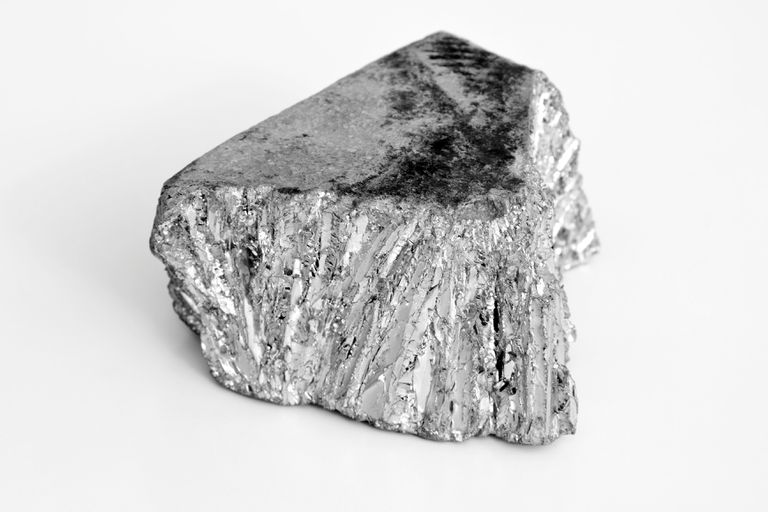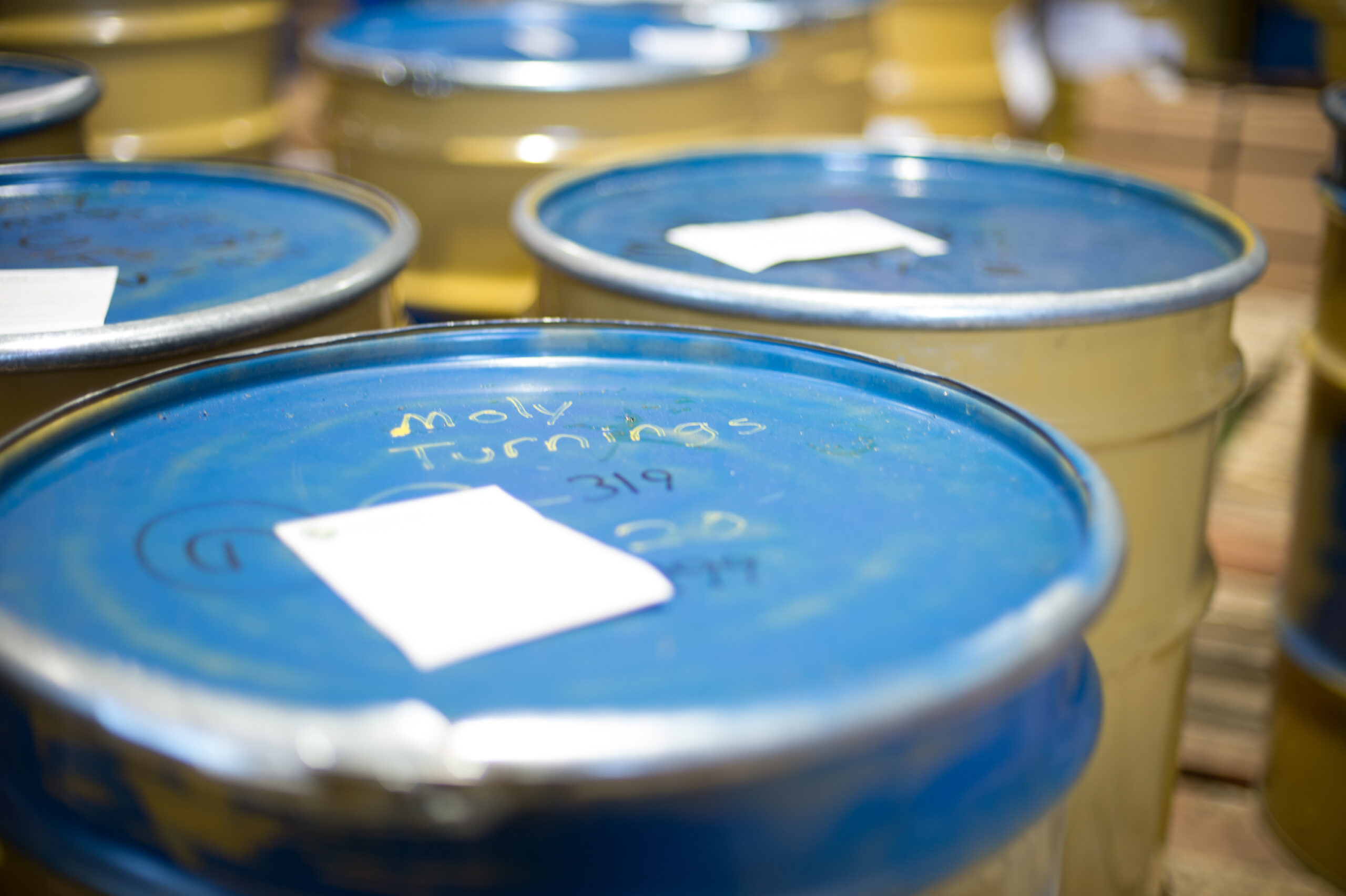What is Zinc?
Zinc is a multipurpose metal valued in many industries. It’s the fourth most widely used metal in the world following iron, aluminum, and copper. With annual worldwide consumption of 11 million tons, there are many uses of zinc metal. More than fifty percent of its annual production is used for galvanizing steel to protect it from corrosion. The two main types of zinc galvanization are hot-dip galvanizing and electro-galvanizing. The remainder is for used for producing casting alloys (die casts), metal alloys-brass and bronze, wrought alloys-rolled zinc, along with a large variety of zinc compounds and chemicals. These are often converted into a broad range of products from paint to batteries.
What Zinc Can Globe Metal Recycle
Globe Metal has traditionally handled recycled galvanized zinc in a series of forms such as skimming’s, slags, scales, plating baths, diecasts, and ingots. Our business continues to grow in the sector of soft metals as we buy and handle all kinds of zinc by-products in the form of powders, sludges, soft solids, and metal overspray. We recognize that secondary zinc material does not have a high value compared to the minor metals such as cobalt, molybdenum, or tungsten. However, manufacturers need to dispose of their industrial waste in an environmentally safe manner. The problem with zinc as solid waste is that it generally happens in large volumes. The total costs of transportation, treatment and disposal continually grow. With landfill sites filling up, coupled with the challenge by the public sector not to establish new ones, landfill-dumping costs increase every year.
At Globe Metal We Offer Big Savings
Companies who have to incur these costs think differently about their waste management. The good news is that multiple streams show vast improvement in terms of what is recyclable. We are finding lots of opportunities to recover scrap metal material; the benefits are significant when comparing disposal costs and environmental impacts.
Get the Most from Your Metal Waste
Are you looking to get the most from you zinc metal waste? We can help. Get on a fast track to selling your secondary zinc material waste streams. Here are some the following criteria we need to know to get you the best price for your zinc metal scrap. They are:
- Volume
- Zinc Content
- Moisture Content
- Impurities
- How is it packaged?
We can take care of recovering your secondary zinc material from anywhere in the world. Give us a call at 1-800-700-6382 or email us at sales@globemetal.com and we are glad to answer all of your questions.


